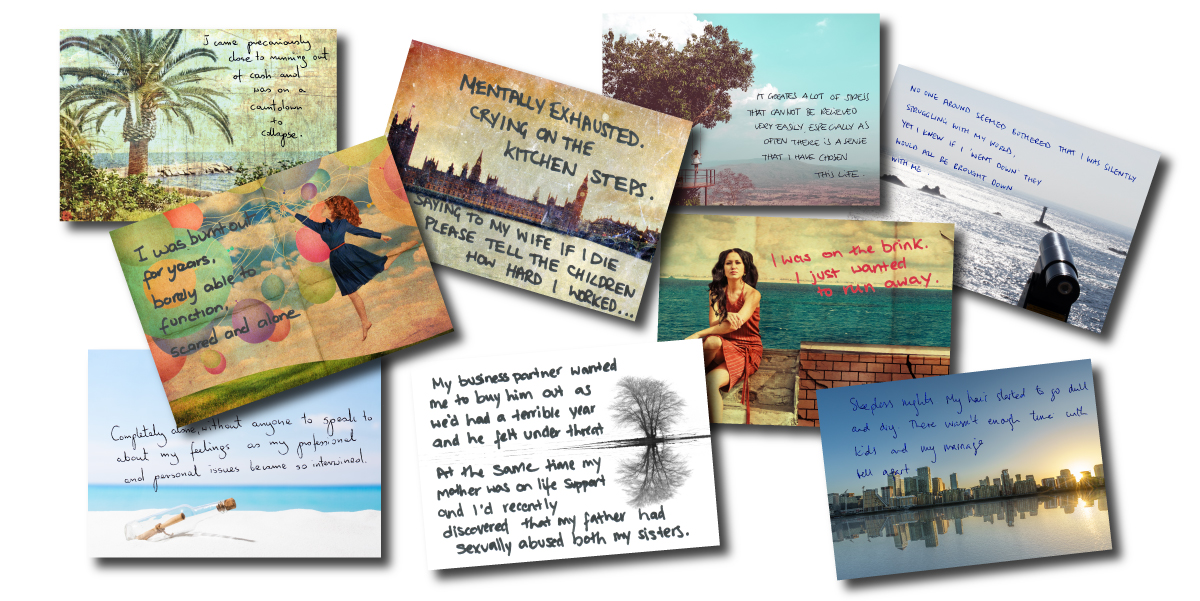Why creative and design talent is boosting UK growth

Britain’s truly dynamic creative and design industries command many powerful adjectives to describe their companies – think of verve, vitality and zest.
These companies form a world-class hotbed of innovation, exports and economic growth. And they make up a £92bn sector that’s growing at twice the rate of the UK economy.
Budding talent continues to flock to the UK’s leading creative colleges and universities from across the world to learn their trade. And many make the UK their forever home as they secure high-quality jobs.
With talent, ideas and drive, the UK’s buzzing creative and design community has set the gold standard in advertising, createch, design, fashion, and TV & film.
So this week, the 100 Stories of Growth campaign celebrates four fast-growth design and creative companies that show why the UK is the envy of the world.
Raishma has designs on retail clients’ hearts
Fashion designer Raishma Islam brings her unique design aesthetic and haute couture credentials to her ready-to-wear women’s collections for a global retail market.
She honed her skills assisting Elizabeth Emmanuel who created the fairy tale wedding dress for Princess Diana. In 1998 she launched her own label – Raishma – dressing celebrities, royalty and loyal customers.
Then in 2013, founder Islam decided to bring her designs to a wider audience, launching a label for the high street.
She had the skills and drive to create a ready-to-wear collection, but she didn’t have expertise and experience in mainstream retail and wholesale.
Luckily, Jenson’s SEIS fund helped the fashion designer attract investors without losing a controlling stake in her company, helping her secure lucrative contracts for her collections.
Establishing concessions with big-name retailers such as John Lewis and House of Fraser was a brilliant way to build exposure to the brand.
The label has a £1m turnover with a year-on-year turnover growth of 130%. [Read the Raishma story]
Taylor & Hart seals love with ethical diamonds
Finding fairly priced and ethically sourced engagement ring stones online can be headache for couples looking to tie the knot. So founder and CEO Nikolay Piriankov decided to launch Taylor & Hart in 2013 to cater for this unmet demand.
The jewellery industry was ripe for disruption, and that is what we are hoping to do.
With technology at its core, Taylor & Hart lets couples design their bespoke rings with ethically sourced diamonds, while keeping an eye on their budget.
The company’s tech platform connects 3D diamond printers and designers with customers all over the world.
Piriankov says the company’s tech helped attract 200 investors through the Seedrs crowdfunding platform. Many of them became ardent supporters, brand ambassadors and advisors.
Feedback from customers and investors plays an important role in the Taylor & Hart story. “Even if I’ve heard it before, sometimes hearing something five times means it is more urgent than I originally thought,” says Piriankov.
The company employs around 20 people in London and has posted a turnover of nearly £2m. [Read the Taylor & Hart story]
Coffee & TV has captured big brand loyalty
Breaking away from the big studios, four visual effect artists decided to bring their own independent vision to life in 2012, setting up the company with £25K each of their own money.
Five years later, they work with big brands such as Volkswagen and Innocent, but the early days were challenging. Without being able to raise external capital, founder and CEO Derek Moore says the self-funded company had to make the most of every penny it spent to grow. And that financial prudence has paid dividends.
We have doubled in terms of turnover, headcount, and profit every year of the five years that we’ve been going.
Getting ready to increase their staff headcount by another 30 people this year, Moore is concerned about the challenges it might bring. Up to now, the company has been growing organically by recruiting people from their own networks, but now they will have to “dive into a colder pool of talent”.
This year, the company expects a turnover of £5m and has a team of 30 at its central London studio. And Moore says external funding could be on the cards to fund the next level of expansion. [Read the Coffee & TV story]
Stylus breathes creativity into breaking trends
Stylus searches the globe looking for trends to help companies inspire and engage their audiences with fresh and cutting-edge campaigns. The innovative platform has been used by some of the biggest brands worldwide, such as Nestle, Pepsi, Warner Bros. and the BBC.
Founder and CEO Marc Worth set up Stylus with some of the £55m he made from selling his first company, fashion and consumer trend forecaster WGSN.
Growing steadily, Worth wasn’t that interested in seeking external funds until media giant Hearst Media Group approached him. The investment was driven by potential synergies.
Every advertiser in a Hearst publication, whether for cars, fashion or beauty was a potential client for us. I thought strategically that the investment could signal real opportunity for Stylus.
Stylus is growing at about 30% year, is making £10m in turnover and employs around 100 staff. [Read the Stylus story]








